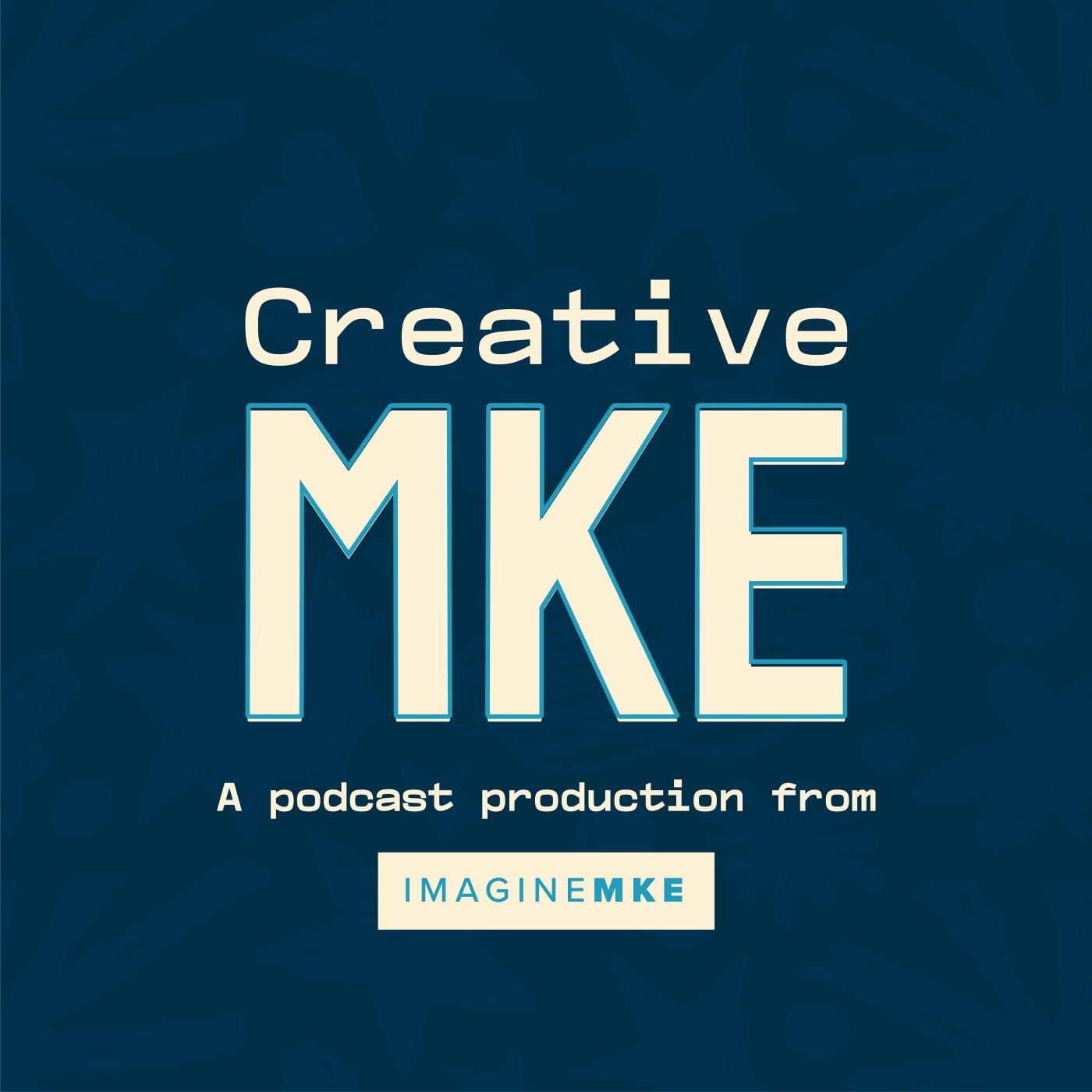Episode 19
New Directions at MAM w/ Dr. Kantara Souffrant
This episode of the pod begins with Lindsay, David and Elisabeth comparing public arts funding (and also the number and/or quality of lakes) in Wisconsin and Minnesota. The trio are excited for the long awaited coming of Milwaukee summer, and all the live music opportunities therein.
Around 10:00, Dr. Kantara Souffrant, the Milwaukee Art Museum’s inaugural Curator of Community Dialogue, joins the crew. In her role at the MAM, Kantara oversees adult programming and building sustainable partnerships between the Museum and the community. Her role was created in conjunction with the implementation of the recent Museum’s Strategic Direction, which was published in the fall of 2019.
With a background in art, performance, art history, education and scholarship on Haitian art, Kantara was drawn to work in art museums because she developed a sense that she wanted to work in a public space where others’ diverse knowledge and perspectives would be honored. In her role, she does just that: acting as a shepherd and facilitator, she empowers people with the understanding that they have everything they need to fully engage with artwork no matter what kind of formal education they have had. In her facilitation and programming work, Kantara tries to create opportunities for vulnerability, and generate micro moments that foster engagement and a feeling of “being in community.”
Throughout the conversation, the group discusses how measuring success for arts institutions might be served by first asking the question "how wide of a funnel can we build?” to invite people to find their own meaning in what’s presented. Other questions are raised, including: how do we measure the “transformational power of the arts? What is the role of Museums in society? How can Museums create both positive imprints and impacts within those who engage once or many times? How can art help people see other cultures as interconnected with their own experiences?
Kantara reflects on how art is not only about learning to see yourself—but provides counterbalance in the form of new visual and poetic language to address social issues when rhetoric around such issues is toxic, politicized, and polarized.
In the words of Haitian artist Philomé Obin, “Art is a record of who we are, what we believe what we did,” and in Kantara’s view, a really good art museum “should be able to document the shifts”—so that populations can look back, and also look forward.
Email Kantara at kantara.souffrant@mam.org
Instagram: @Mequitte
Community Feedback at MAM about Milwaukee’s Hidden Gems
Ronald E. McNair Post-baccalaureate Achievement Program
The Haitian Art Collection at MAM
Hector Hyppolite’s “The Adoration of Love”
